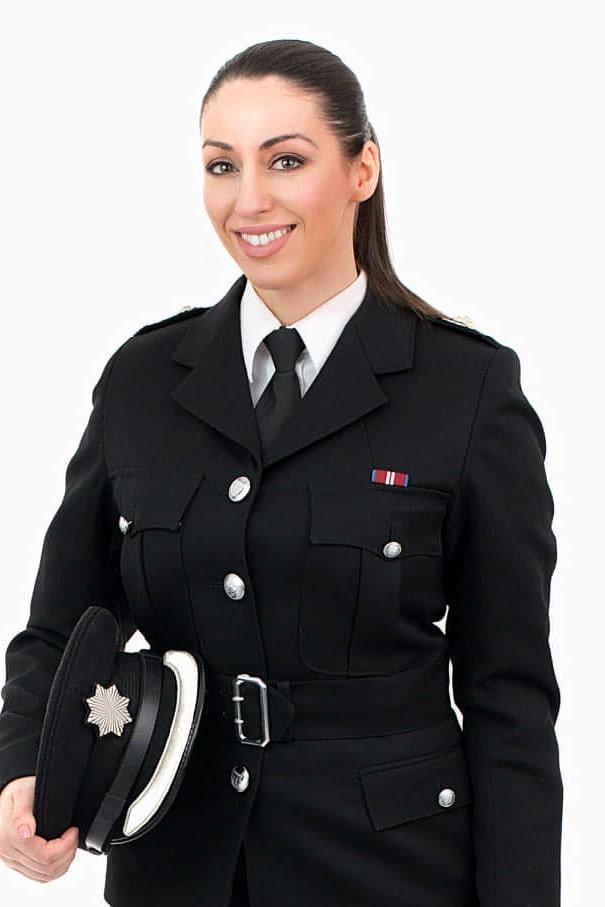21Aug2019
Sabrina Cohen-Hatton, from Newport, spent two years living on the streets and sold The Big Issue to make money when she was just a teenager – barely surviving. By the time she was 17 she had already been to seven funerals of people she knew that had died on the streets.
Now, aged 36, Sabrina is an author, mother, has qualified with a doctorate and one of the top fire fighters in the UK. Cohen-Hatton began to research risks to firefighters and in 2010 she embarked on a part-time doctorate in behavioural neuroscience at Cardiff university. She began her PhD research the day she gave birth. Her first book Heat of the Moment – published in April 2019 – draws on stories from the frontline of firefighting to show us what it means to be human in the face of disaster.
“Situations can change in an instant in the world of firefighting, so decision-making and situational awareness are critically important for leaders attending incidents. Both decision-making and situational awareness are skills – non-technical skills, yes, but they are skills nonetheless. And skills can be learned.
In fact, throughout the course of my research, I have come to believe that there is nothing you cannot learn. Nature and nurture intertwine. People may have a natural propensity for leadership, but the gifts you are born with can be complemented by learning new skills in the right way.
Context, for instance, is really important when you are developing and practicing a skill. If you want to swim across the Baltic, you want to be doing some open ocean swimming as training. If you are trying to develop leadership skills as a fire commander, you want training to be as realistic as possible.
Good organisations build policies and best practices that assist decision-making. Even so, you need a policy framework that is more like handrails than handcuffs. An overly-prescriptive organisation leaves little room for operational discretion. The fire service can predict, train and plan for many contingencies, but it is impossible to prepare for everything.
If sticking to a policy does not improve the situation – or makes it worse – you have a problem. Personnel need to be empowered to apply their own professional judgement so they can choose the most appropriate action. In return, organisations need to encourage and support personnel so they can apply operational discretion when policy no longer applies.
The Decision Control Process we developed as part of my research helps leaders cut through the fog of “what ifs” and permutations. In short, they can focus on the pebble thrown into the pond instead of following the path of every ripple. This cuts down on decision paralysis caused by accountability anxiety – being afraid of possible negative repercussions when choosing a course of action.
Decision makers have to rapidly ask themselves 3 mental questions:
- Why am I doing this? What is my ultimate goal in this situation, and will this decision help get me reach it?
- What do I expect to happen? How will this decision affect how the situation evolves?
- How do the benefits of this decision outweigh the risks? Can you articulate these benefits in a clear way to yourself and those around you?
In tests, up to 5 times more fire commanders recorded the highest level of situational awareness when using the technique than those who weren’t. With 80% of all firefighter injuries are caused by human error, we need operational discretion to exist at all levels of the organisation – we need to empower people to think and to make the right decisions”.
Dr. Sabrina Cohen-Hatton
Chief Fire Officer, West Sussex Fire and Rescue Service


